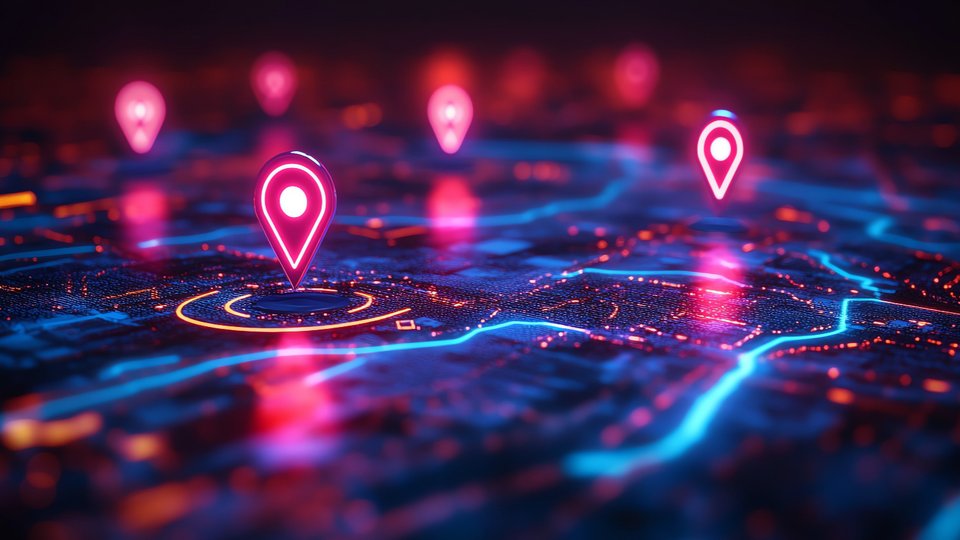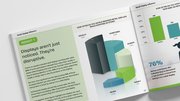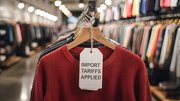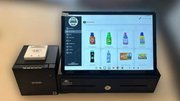Marketing
Retail isn’t one-size-fits-all: Why localized strategy is key to surviving in the new era of commerce
If there’s one lesson for retailers to embrace moving forward, it’s this: Uniformity is efficient. But adaptability wins.

October 7, 2025 by Jacyn Heavens — Founder and CEO, Epos Now
What if the customer you think you know isn't really the one walking through your door?
A strategy that thrives in Manhattan could fall flat in Minnesota. Shopping habits change not just from state to state, but street to street. From suburban neighborhoods to downtown districts, no two communities shop the same. When retailers rely on one-size-fits-all playbooks, relevance can turn into guesswork.
Yet too many retailers continue to apply the same playbook everywhere, hoping that a national rollout of tech, promotions or layouts will hit home with every customer. With the rise of centralized digital tools, unified POS systems and sweeping marketing campaigns, the idea that one strategy can serve all customers has become a tempting shortcut. But it's a false one.
A uniform approach may streamline operations, but it dulls the precision that retailers need to truly connect and convert. And when strategies miss the mark — it's not just disappointing, but expensive.
Why local context Is the missing link in retail tech
We live in an age of AI and automation. Stores can now offer seamless checkout, suggest purchases through machine learning and tap into real-time inventory across multiple locations. It's impressive, but it's not enough.
Technology must serve the customer, not the other way around. Urban shoppers may value convenience and tech-enabled service. Suburban customers might care more about face-to-face interaction. In rural areas, flexible payment terms or local community involvement could mean more than an app update ever will.
In essence, the idea that digital tools have created a single, uniform type of shopper simply doesn't hold up. It overlooks the cultural differences, local habits and subtle emotional triggers that shape how people buy.
When tech becomes a barrier, not a bridge
Too often, tech rollouts follow a top-down model. Loyalty apps, self-checkout kiosks, and AI-driven tools get deployed nationwide, based on averages rather than actual behaviors. What works on paper can fall flat in a store. Picture rolling out a self-checkout kiosk in a brick-and-mortar shop where shoppers expect personal service. Or launching a national summer sale while some regions are still digging out of snow.
Localization doesn't limit an organization's vision, it sharpens it. And it begins by understanding how people really shop, region by region. Are customers tech-savvy or more traditional? Do local festivals matter more than national holidays? If your technology doesn't flex to fit each area's needs, it's not enabling your company's success.
Turning data into real retail impact
To localize effectively, retailers need to move beyond raw sales data. It's important to uncover the story behind the numbers, diving into behavioral insights that reveal not just what people buy, but when, why and how. For instance, local weather, school schedules, major employers and community events all shape shopping habits in ways national averages simply can't capture.
Cutting-edge POS systems enable retailers to slice and segment data in increasingly granular ways. This facilitates a host of smarter, regionally aligned tactics:
- AI tools that flag stock anomalies by region and suggest localized inventory shifts.
- Flexible UI options for kiosks or checkouts that suit different age groups or tech familiarity levels.
- Localized autonomy, empowering store managers to tailor floorplans or offers based on what resonates with their shoppers.
Data is only powerful if it drives action. Imagine combining your personal preferences with local context, like knowing you avoid mall visits during local festivals, or that your interest in winter coats spikes early because you live in a colder microclimate.
Hyper-personalization meets hyper-local
Think about the people closest to you, the ones who know your coffee order, your favorite band and when to check in without being asked. That's trust built on understanding.
AI can now help brands create that kind of connection. This is hyper-personalization. It's knowing things like what size shoe you wear, and that you prefer neutral tones. And it's delivered in real time.
This dual lens of individual insight plus regional nuance is the future of retail. For example, McKinsey & Company reports that 71% of consumers expect personalized experiences, and 76% feel annoyed when they don't get them. And for businesses? Personalization can cut acquisition costs by up to 50% and boost ROI by 10 to 30%.
Winning in retail
Retailers also need to move away from the idea that personalization stops at the individual level. Regional identity, community context and cultural nuance are just as important and often overlooked.
Start with a story your customers recognize. Build from their reality. Use tech as a translator, not a substitute.
In practical terms, that means:
- Designing campaigns that adapt to different geographies and cultures.
- Allowing frontline teams to experiment, test, and refine.
- Measuring success not against national averages, but against local resonance.
If there's one lesson for retailers to embrace moving forward, it's this: Uniformity is efficient. But adaptability wins. The retailers who lean into that mindset won't just survive this new era of commerce. They'll shape it.
About Jacyn Heavens
Jacyn Heavens is the Founder and CEO of Epos Now - an AI-driven embedded finance POS platform giving 90,000+ merchant locations in 11 countries, the technology to compete with giants. Epos Now is one of the UK's largest and fastest-growing tech scale-ups, driven by 600+ superstars with offices in the UK, US and Australia. Achieving an average of 50% growth YoY and revenues over $150+m completely organically funded.
 ChatGPT
ChatGPT Grok
Grok Perplexity
Perplexity Claude
Claude




